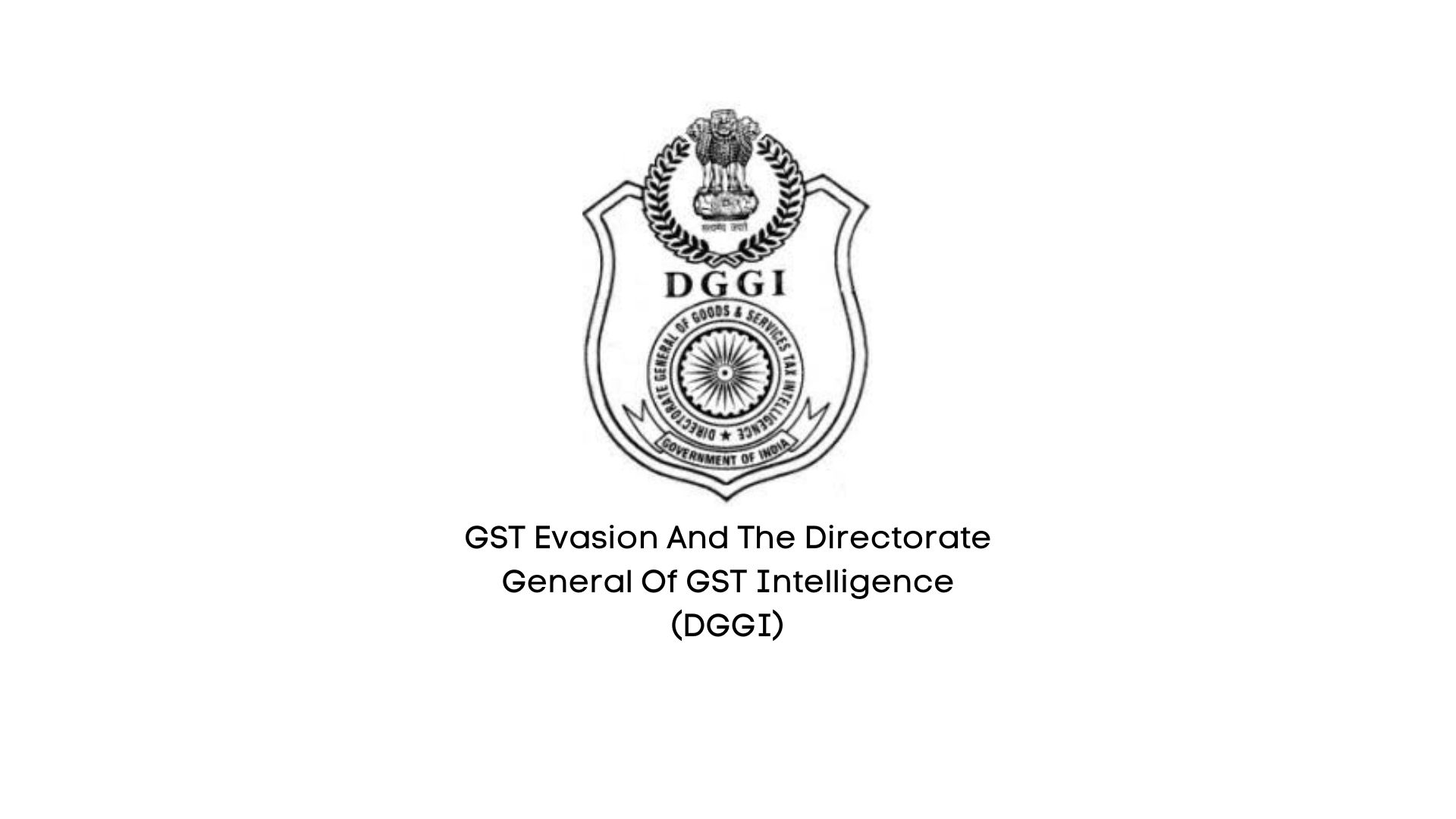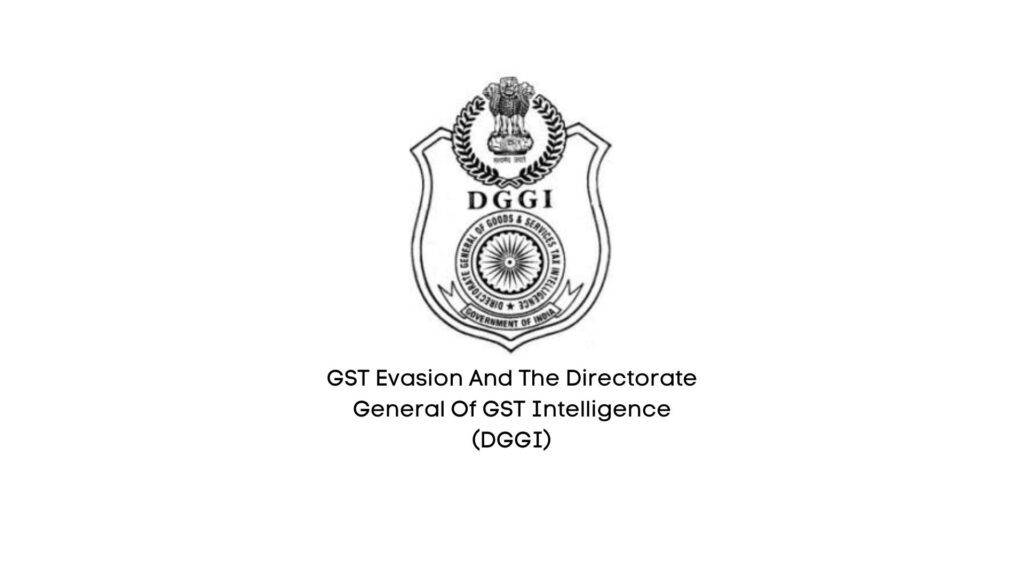
12 Apr GST Evasion and the Directorate General of GST Intelligence (DGGI)

Instances of the Directorate General of GST Intelligence (DGGI) investigating tax evasion are frequently encountered. Many may wonder about the role and operations of this organization. Here, we delve into key questions surrounding DGGI and its functioning.
What is DGGI?
DGGI, formerly known as the Directorate General of Central Excise Intelligence (DGCEI), is primarily tasked with combating GST evasion. As the apex intelligence body under the CBIC, it collects intelligence related to GST evasion.
Role of DGGI:
DGGI’s mandate includes gathering, analyzing, and disseminating intelligence on GST, Central Excise (CE), and Service Tax (ST) evasion. It also investigates offenses involving such evasion, suggests policy changes, and collaborates with other law enforcement agencies.
Presence of DGGI:
Headquartered in New Delhi, DGGI operates through regional and zonal units across the country, comprising a relatively lean workforce of approximately 1500 personnel.
Operation of DGGI:
The intelligence-gathering process involves sophisticated data analysis, monitoring sectoral performance, scrutinizing company submissions, and collaborating with state GST enforcement bodies. Additionally, information from informers, including disgruntled employees, is integral to its operations.
Informers and Rewards:
DGGI maintains a robust reward scheme to incentivize informers, offering rewards of up to 20% of recovered amounts. Similarly, officers involved in case detection and resolution are eligible for rewards.
Assessment of Information:
Collected intelligence undergoes rigorous examination to confirm its validity and actionable nature. Subsequently, investigations may commence through summons or, if deemed necessary, through inspection, search, and seizure under relevant provisions.
Powers and Functions:
DGGI exercises powers of inspection, search, and seizure under the CGST Act, subject to legal safeguards and due process. Reasonable belief is crucial in initiating such actions, and adherence to legal procedures is paramount.
Outcome of Raids:
Following raids or search operations, individuals are summoned to provide explanations. Where evidence suggests offenses, arrests can be made, subject to legal provisions and procedures.
Show Cause Notices:
After collecting evidence, evasion charges are formalized through Show Cause Notices (SCNs), allowing parties opportunities to defend themselves and appeal.
Awareness and Compliance:
Taxpayers and companies are advised to adhere strictly to legal requirements, as evasion detection mechanisms are advanced. Compliance, engagement with authorities, and staying abreast of legal developments are recommended.
New SOP for DGGI:
A recent SOP issued by CBIC suggests a need for balanced enforcement practices, avoiding overreach. Close engagement with industry and adherence to legal interpretations are emphasized.


No Comments